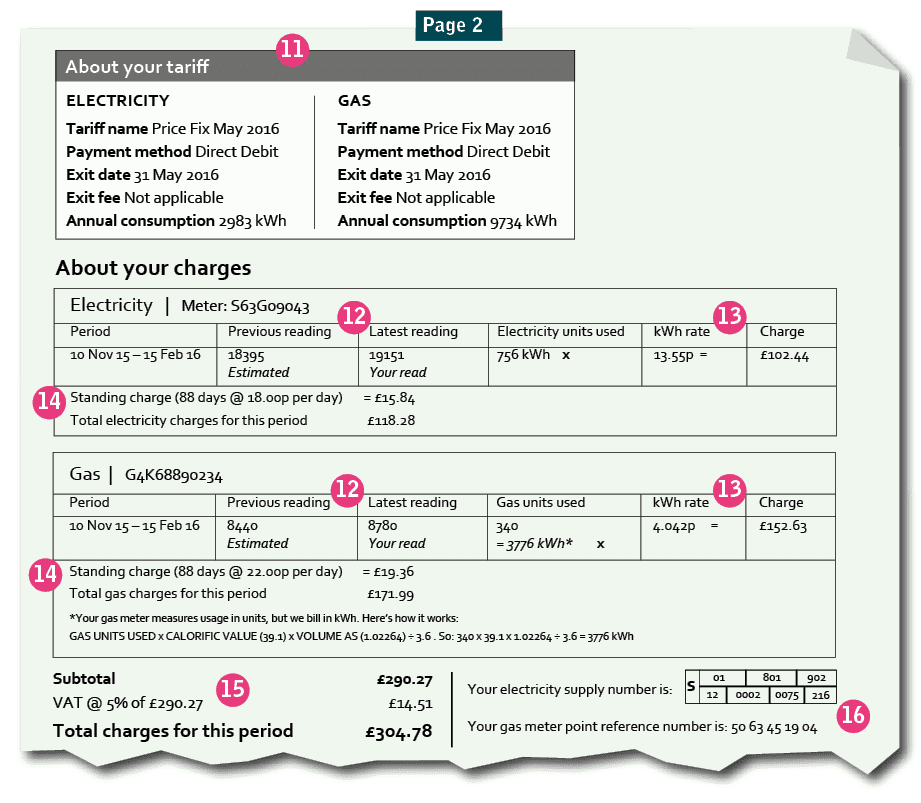With energy costs representing a significant portion of household budgets, understanding and managing your gas consumption has never been more important. Many homeowners face unexpectedly high bills simply because they lack visibility into their usage patterns and costs. Fortunately, modern tools like a gas rate calculator empower consumers to make informed decisions about their energy use, potentially saving hundreds of pounds annually while reducing their carbon footprint.
How a Gas Rate Calculator Works
A gas rate calculator simplifies complex energy pricing by converting your gas usage (measured in cubic meters or kilowatt-hours) into clear cost projections. By inputting your current tariff details, historical consumption data, and household specifics, these tools provide personalised estimates that help you:
- Compare supplier tariffs accurately
- Budget for seasonal usage spikes
- Identify potential savings from efficiency improvements
- Understand the cost impact of different heating schedules
Most calculators also factor in standing charges and VAT, giving a complete picture of your potential bills under different scenarios.
Understanding Your Gas Bill Fundamentals
To use these tools effectively, you’ll need to understand:
- Units of measurement (metric cubic meters vs imperial)
- Calorific values that affect energy conversion
- Tariff structures (fixed vs variable, time-of-use pricing)
- Standing charges (daily fixed costs)
Your meter readings provide the foundation for accurate calculations – regular manual readings always beat estimated bills.
Practical Ways to Reduce Gas Costs
Armed with usage insights from calculators, implement these proven strategies:
- Heating optimisations: Lower thermostats by 1°C (saves ~£80/year)
- Schedule adjustments: Reduce heating when the house is empty
- System maintenance: Annual boiler servicing improves efficiency
- Insulation upgrades: Loft and cavity wall insulation cut heat loss
- Smart controls: Programmable thermostats automate savings
Comparing Suppliers Effectively
When switching providers, look beyond headline rates:
- Compare your actual usage costs, not just unit rates
- Consider exit fees if leaving fixed-term contracts early
- Check customer service ratings alongside prices
- Evaluate green energy options if sustainability matters
Seasonal Usage Patterns
UK households typically use:
- 75% of annual gas in winter months (Oct-Mar)
- 15% in shoulder seasons (Apr-May, Sep-Oct)
- 10% in summer (Jun-Aug)
Understanding these patterns helps smooth budget planning and identify abnormal consumption.
When to Seek Professional Advice
Consider consulting energy experts if:
- Your usage seems abnormally high versus similar homes
- You suspect meter inaccuracies
- Planning major heating system upgrades
- Navigating complex tariffs (like heat pump-specific rates)
The Future of Gas Pricing
Emerging trends to watch:
- Time-of-use tariffs becoming more common
- Hydrogen-blend gas trials affecting energy content
- Smart meter rollout enabling real-time pricing
- Potential carbon tax impacts on gas costs
Making Calculator Results Actionable
Turn insights into savings by:
- Setting monthly usage targets based on calculations
- Creating alerts for unusual consumption spikes
- Sharing data with housemates to encourage conservation
- Using projections to negotiate with suppliers
Common Calculation Mistakes to Avoid
Ensure accuracy by:
- Using actual meter readings, not estimates
- Checking the calculator’s last update date (rates change frequently)
- Accounting for all household members’ usage patterns
- Including all relevant charges in comparisons
Conclusion
Knowledge truly is power when it comes to managing household energy costs. By leveraging tools like a gas rate calculator, UK consumers can cut through the complexity of energy pricing and take control of their gas expenditure. In an era of volatile energy markets, these insights provide both short-term savings opportunities and long-term planning advantages. Remember that small, consistent changes in usage habits often yield greater cumulative savings than drastic one-off measures. As smart meter technology advances and energy pricing evolves, staying informed and proactive remains the surest path to keeping your gas bills affordable while maintaining home comfort. Whether you’re looking to switch suppliers, adjust usage habits, or simply understand where your money goes each month, accurate gas cost estimation forms the foundation of sound energy management.

